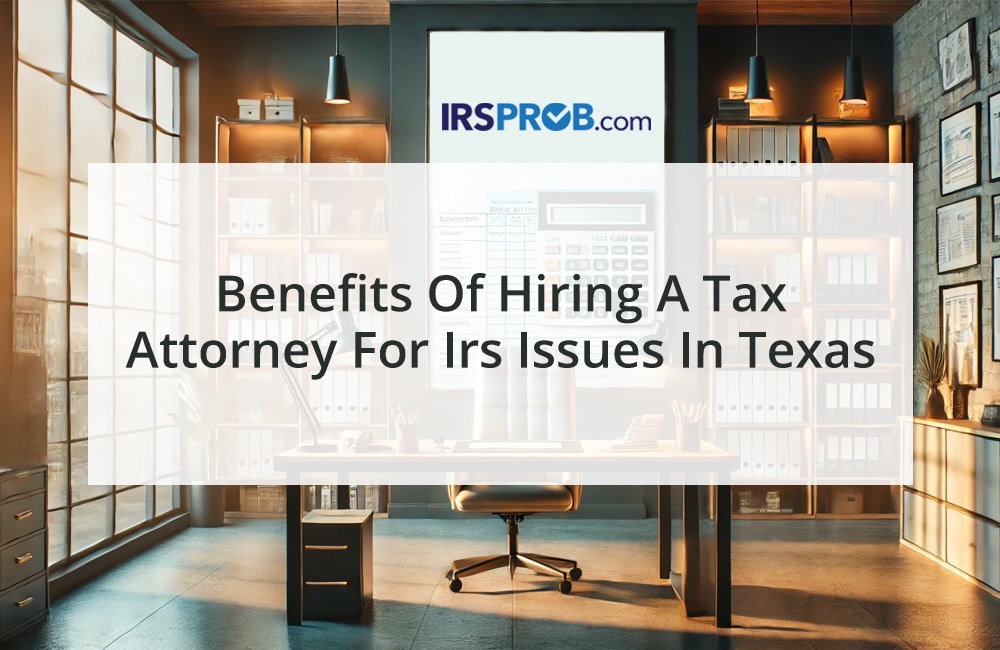[vc_row][vc_column][vc_column_text]Oh no! You got the envelope in the mail from the Internal Revenue Service.
Inside the envelope, you find a notice from the IRS informing you that it assessed additional tax, penalties, and interest on your tax return from TWO YEARS AGO.
After you recover from the shock, you review your tax records for that year and realize that the IRS is right: you do indeed owe the additional tax.
The additional tax liability is bad enough, but the added penalties and interest are extra sources of aggravation. Is there any way for you to avoid paying them?
The tax code requires the IRS to charge interest on unpaid taxes and penalties. The IRS can waive interest only if:
1.) It made an administrative error; or
2.) It caused an unnecessary delay in assessing the tax obligation.
On the other hand, the IRS can waive penalties it assessed against you or your business if there was “reasonable cause” for your actions.
Okay, we know what you’re thinking. This should not be too hard. After all, you understand the term “reasonable cause” and often use it in your everyday conversations!
But wait! The term “reasonable cause” is actually a term of art at the IRS. This seemingly simple phrase has a precise and detailed definition as it relates to penalty abatement.
Moreover, many of the rules and requirements for reasonable cause exceptions to penalties are quite tricky to figure out.
What Is Reasonable Cause?
The IRS permits reasonable cause penalty relief for penalties arising in three broad categories:
- Filing of returns.
- Payment of tax, and
- Accuracy information.
For each case, the IRS judges the facts and circumstances at hand, and will generally permit penalty relief for reasonable cause if you exercised ordinary business care and prudence in determining your tax obligations but
were unable to comply with those obligations.
But reasonable cause does not exist if, after the facts and circumstances that explain your noncompliant behavior cease to exist, you fail to comply with the tax obligation within a reasonable period of time.
The IRS provides several examples of reasonable cause. Here are five:
1.) Death or Illness
Your or an immediate family member’s death or serious illness, or your unavoidable absence. For example, if your spouse died October 11, the IRS might consider this reasonable cause for not filing your return by the October 15 extension deadline. But it is also important to consider when you actually did file the return. You have a strong case if you filed the return on November 1. Your case is much, much weaker if you wait until June 15 of the following year to file.
2.) Records
Inability to obtain necessary records to comply with your tax obligation.
If you were unable to obtain records needed to prepare your tax return, reasonable cause may apply. You need to document why you needed the
missing records, and why they were unavailable. Furthermore, you need to document the steps you took to obtain the needed information. Your diligence in and attention to finding or re-creating the missing information will be a key aspect in the IRS’s reasonable cause evaluation.
3.) Disaster
Destruction or disruption caused by fire, casualty, natural disaster, or other disturbance.9 Commonly, either the casualty affects your ability to attend to your tax matter, or the needed records are affected. You should follow the procedures outlined above to clearly document how the disaster impacted your ability to meet your tax obligation, and the steps you took once the crisis was over.
4.) Advice
You relied on unreliable advice. Reliance on advice of a tax advisor generally relates to the reasonable cause exception for the accuracy-related penalty. In determining whether reliance on professional advice constitutes reasonable cause, the IRS applies a three-prong test. You must meet all three prongs to qualify for penalty abatement:
A.) The advisor was a competent professional with sufficient expertise to justify reliance;
B.) You provided all necessary and accurate information to the advisor; and
C.) You actually relied in good faith on the advisor’s judgment.
5.) Ignorance
Ignorance of the Law. Generally, ignorance of the law is not reasonable cause for failing to comply with the tax law. But in some cases, you can establish reasonable cause for penalty relief if you can show ignorance of the law in conjunction with other facts and circumstances. For example, the IRS may consider the following factors in conjunction with ignorance of the law to establish reasonable cause:
A.) Your education.
B.) whether you have previously been subject to the tax in question;
C.) whether you have been penalized before;
D.) whether there were recent changes in the tax forms or law that you could not reasonably be expected to know; and
E.) the level of complexity of the tax or compliance issue.[/vc_column_text][us_image image=”2531″][/vc_column][/vc_row]







